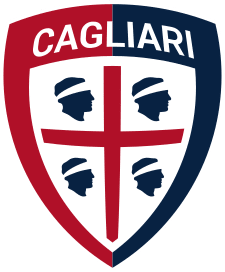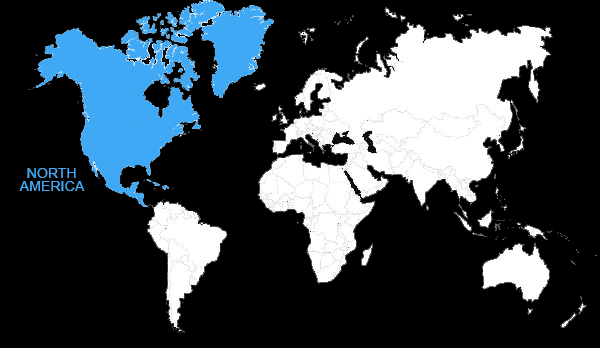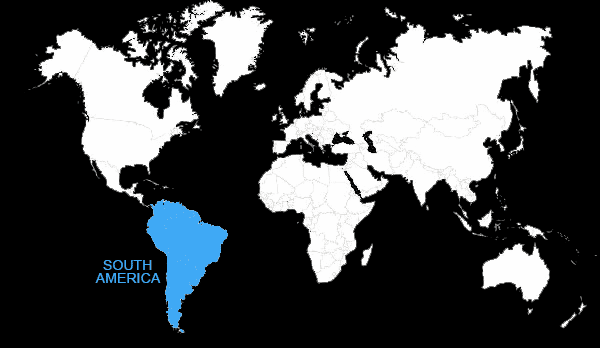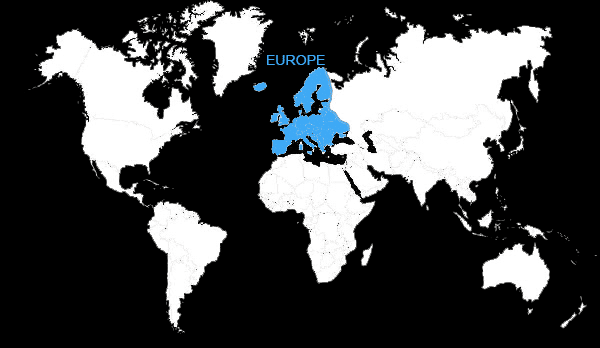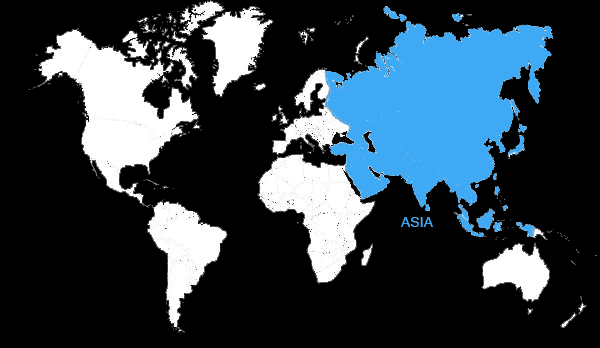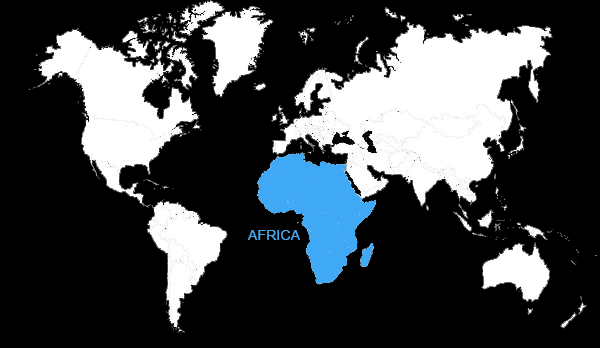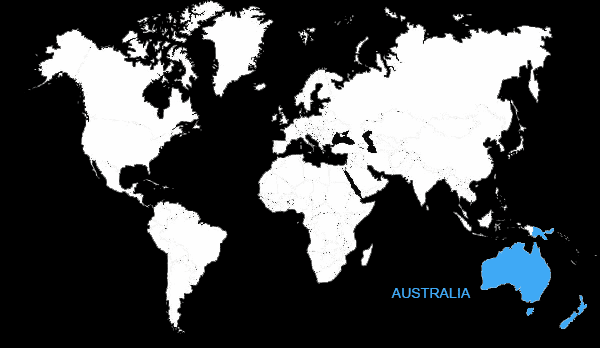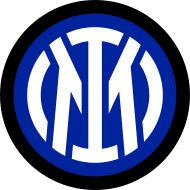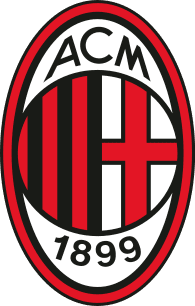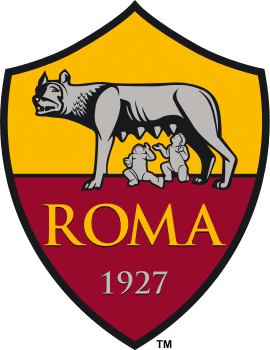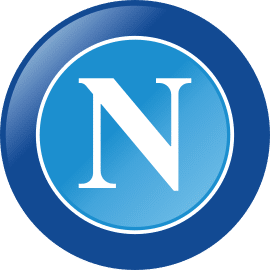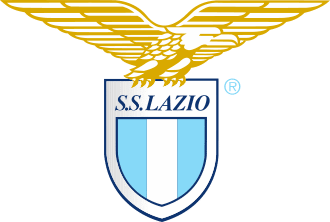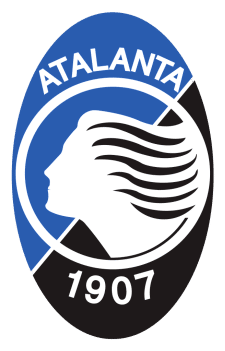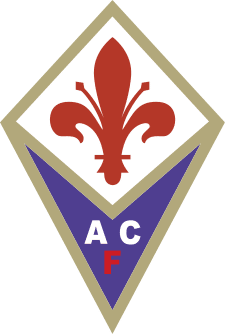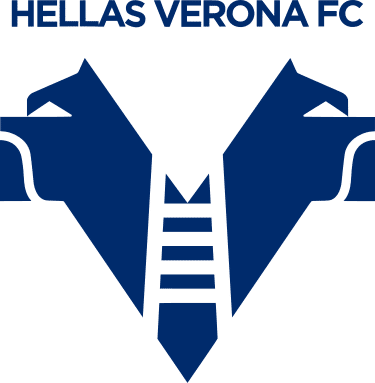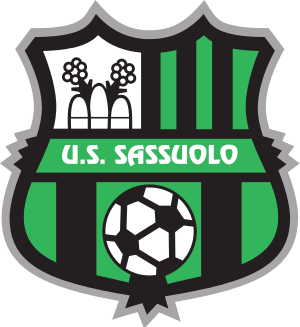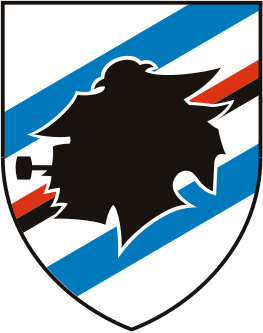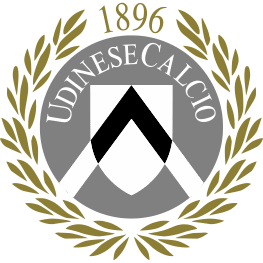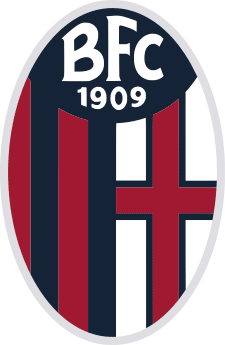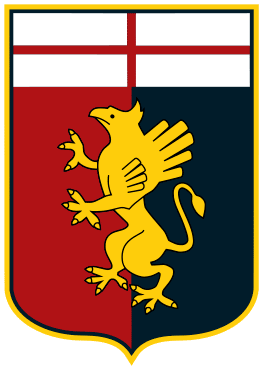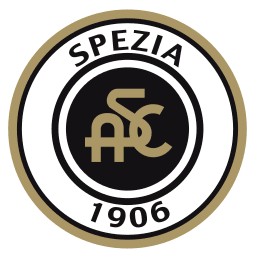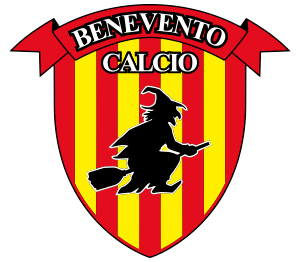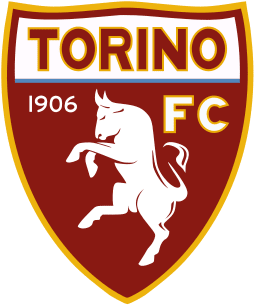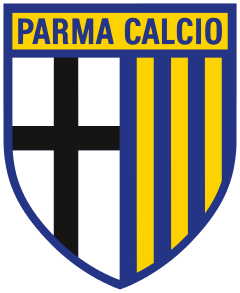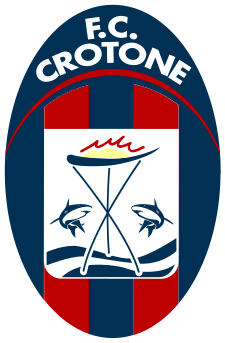Cagliari Calcio Tryouts & Club Guide: History, Stadium, Players, and More!

Welcome!
Discover the world of soccer with fcscout.com, your go-to scout for club tryout information, club guides, player profiles, in-depth product reviews, and more. We’re dedicated to exploring and revealing the best in each domain, empowering you with knowledge to make informed choices.
Thank you for being here!
Hi, I’m Carlos! A coach, sports enthusiast, and the founder of FCScout.com.
I fell in love with the game at a very young age like many of you. I’ve been following and playing soccer for many years.
Throughout my career, I always enjoyed helping soccer players chase their dreams, which is why I started this website. I wanted to reach a larger audience outside of my local area and fcscout.com was born.
This website is a platform I will be using to update club pages on any tryouts, stadiums, players, tech, and more from clubs around the world. I also create free recruitment profiles for players looking to have that extra competitive edge when reaching out to clubs.
That’s it. That’s my pitch for you to stick around (or browse the site as you please).
This is already too much text for a “see more” drop-down button thing. If you want to reach out to me, head on over to my contact page 🙂

Cagliari Calcio, commonly referred to as Cagliari, is an Italian football club based in Cagliari, Sardinia, Italy. The club competes in Serie A, the top flight of Italian football.
Cagliari Youth Development System
The Cagliari Calcio attaches particular importance in the development of its youth sector .
We aim to enhance talent, accompanying the young player on a path of human and sporting growth. Every day hundreds of young athletes take to the field followed by our professional staff: qualified technicians and instructors, who have years of experience in working with children; doctors, sports psychologists in support of the psycho-physical well-being of the young athlete.

We strongly believe in the need to train men even before players: this is why we consider football a vehicle for spreading positive values such as education and fair play.
Passion, perseverance and sacrifice unite our young people, committed to pursuing the dream of becoming professionals. Even those of them who fail to succeed in football will one day be able to say that they have found a second family in Cagliari, made up of sound principles, identity and tradition.
Cagliari YOUTH
BASIC ACTIVITIES
- UNDER 13
- UNDER 12 ELITE
- UNDER 11
- UNDER 10 RED
- UNDER 10 BLUE
- UNDER 9
- UNDER 8
Cagliari Academy
The Football Academy was created to promote the development of youth football in Sardinia by strengthening the link between Cagliari Calcio and the territory. The project, aimed at children aged 6 to 12, aims to allow the baby footballers of the island and of some selected areas in the rest of Italy to grow and be valued at their best already in their own club.

For this reason Cagliari shares the best training and training methods with its affiliates , through constant opportunities for discussion between its staff and the instructors of the affiliated company, invited to participate in meetings and seminars in the Assemini Sports Center – held by technicians and qualified educators – dedicated to the correct psycho-physical development of the young athlete.
The project has both a sporting and a social value. If on the one hand Cagliari wants to represent the privileged way for young players who aspire to become professionals, on the other hand it intends to contribute to the growth of the majority of young athletes for whom sport must represent, first of all, an important training ground. life.
CONTACTS
For information, write to:
academy@cagliaricalcio.com .
For the latest academy news please click here or come back at a later date while we monitor this club for more news.
EXPLORE MORE CLUBS!
Explore more professional clubs by continent.
Cagliari Calcio History
They didn’t win their first and only Scudetto until 1969–70, when they were headed by Gigi Riva, who is now the all-time best scorer for the Italian national team. The club was founded in 1920. Additionally, it was the first time a club from the region south of Rome had won.
The club’s best performance in Europe came in the UEFA Cup in 1993–1994; nevertheless, they were eliminated by Internazionale in the semi-finals. Cagliari’s colors are blue and red, just like the flag of the city that bears those colors. The flag of Sardinia is incorporated into the design of the club’s badge.
Stadium
After capturing their lone and only league championship in 1970, Cagliari relocated their home stadium from the Stadio Amsicora to the Stadio Sant’Elia. It was renovated for Italy’s hosting of the 1990 FIFA World Cup, during which it played host to all of England’s group games. The ostensible reason for this was to isolate the notorious hooligans that were associated with the English squad on an island.

Due to disagreements with the municipal council on the rebuilding of the publicly owned stadium, the final home games that Cagliari played during the 2011–12 season were played at the Stadio Nereo Rocco in Trieste, which is located on the Italian Peninsula. The majority of the games for the next season were played by the team at the Stadio Is Arenas, which is located in the nearby municipality of Quartu Sant’Elena.
The league ruled that it was unsafe, therefore they were required to play their games behind closed doors until they finally left the stadium in April of 2013. Following the demolition of the Sant’Elia in 2017 to make way for the construction of a new stadium, the team relocated to the adjacent and temporary Sardegna Arena.
Crest
Throughout the course of their existence, Cagliari have used a number of distinct variations of their emblem, but the one constant has been the use of the flag of Sardinia. In most cases, the emblem will also feature the colors of the club; where there have been variations, the primary distinctions have been in the hue of the border or the shape.

Since June 2015, the emblem has included an escutcheon in the shape of “Old French” with red and blue halves, and the name of the club has been inscribed in white right above the flag of the island of Sardinia. As of the year 2015, the heads of the Moors have been rotated to the right for the very first time in order to conform to the modified version of the flag that was adopted in 1992.
